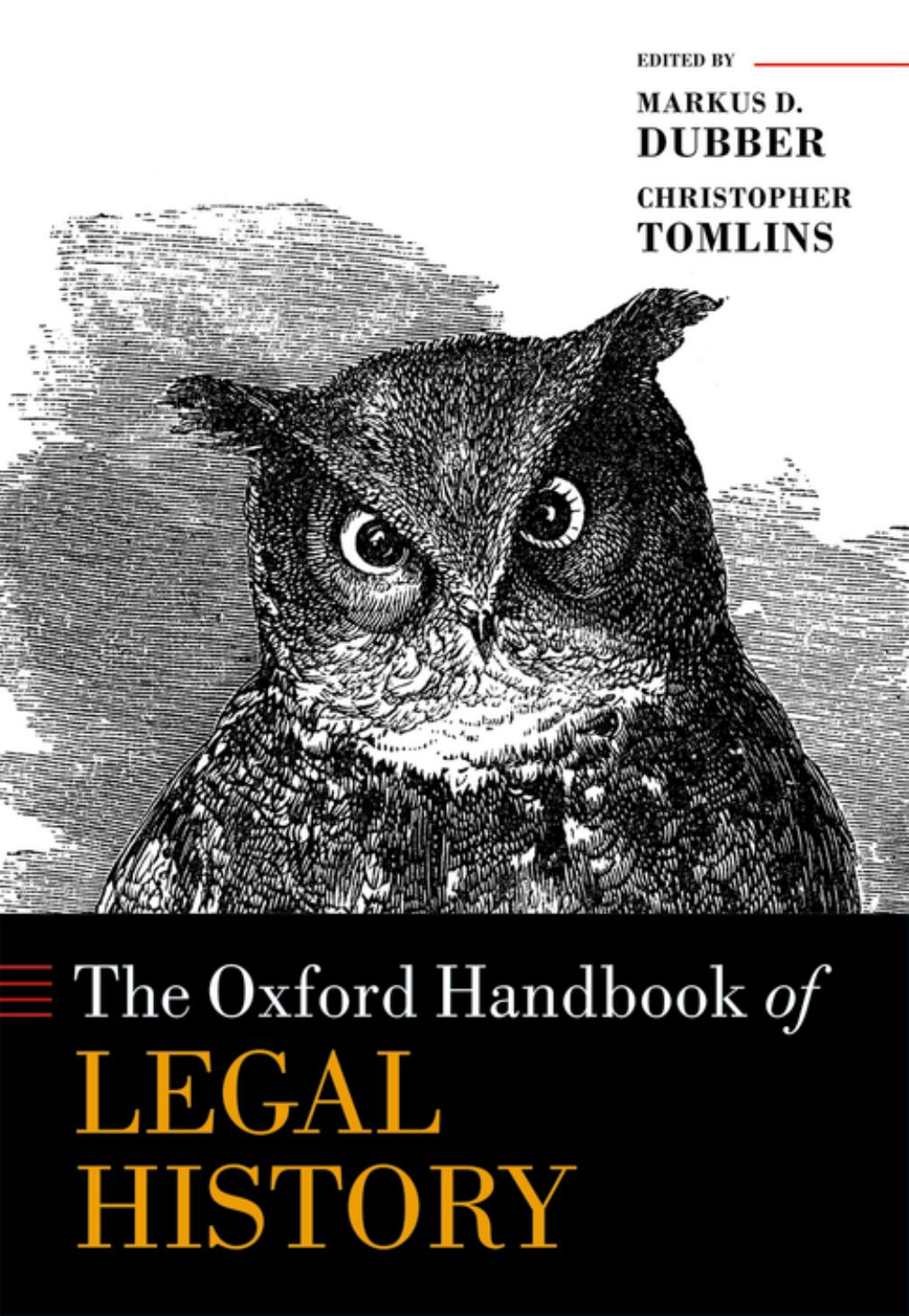

Most ebook files are in PDF format, so you can easily read them using various software such as Foxit Reader or directly on the Google Chrome browser.
Some ebook files are released by publishers in other formats such as .awz, .mobi, .epub, .fb2, etc. You may need to install specific software to read these formats on mobile/PC, such as Calibre.
Please read the tutorial at this link: https://ebookbell.com/faq
We offer FREE conversion to the popular formats you request; however, this may take some time. Therefore, right after payment, please email us, and we will try to provide the service as quickly as possible.
For some exceptional file formats or broken links (if any), please refrain from opening any disputes. Instead, email us first, and we will try to assist within a maximum of 6 hours.
EbookBell Team

0.0
0 reviewsSome of the most exciting and innovative legal scholarship has been driven by historical curiosity. Legal history today comes in a fascinating array of shapes and sizes, from microhistory to global intellectual history. Legal history has expanded beyond traditional parochial boundaries to become increasingly international and comparative in scope and orientation.
Drawing on scholarship from around the world, and representing a variety of methodological approaches, areas of expertise, and research agendas, this timely compendium takes stock of legal history and methodology and reflects on the various modes of the historical analysis of law, past, present, and future. Part I explores the relationship between legal history and other disciplinary perspectives including economic, philosophical, comparative, literary, and rhetorical analysis of law. Part II considers various approaches to legal history, including legal history as doctrinal, intellectual, or social history. Part III focuses on the interrelation between legal history and jurisprudence by investigating the role and conception of historical inquiry in various models, schools, and movements of legal thought. Part IV traces the place and pursuit of historical analysis in various legal systems and traditions across time, cultures, and space. Finally, Part V narrows the Handbook's focus to
explore several examples of legal history in action, including its use in various legal doctrinal contexts.